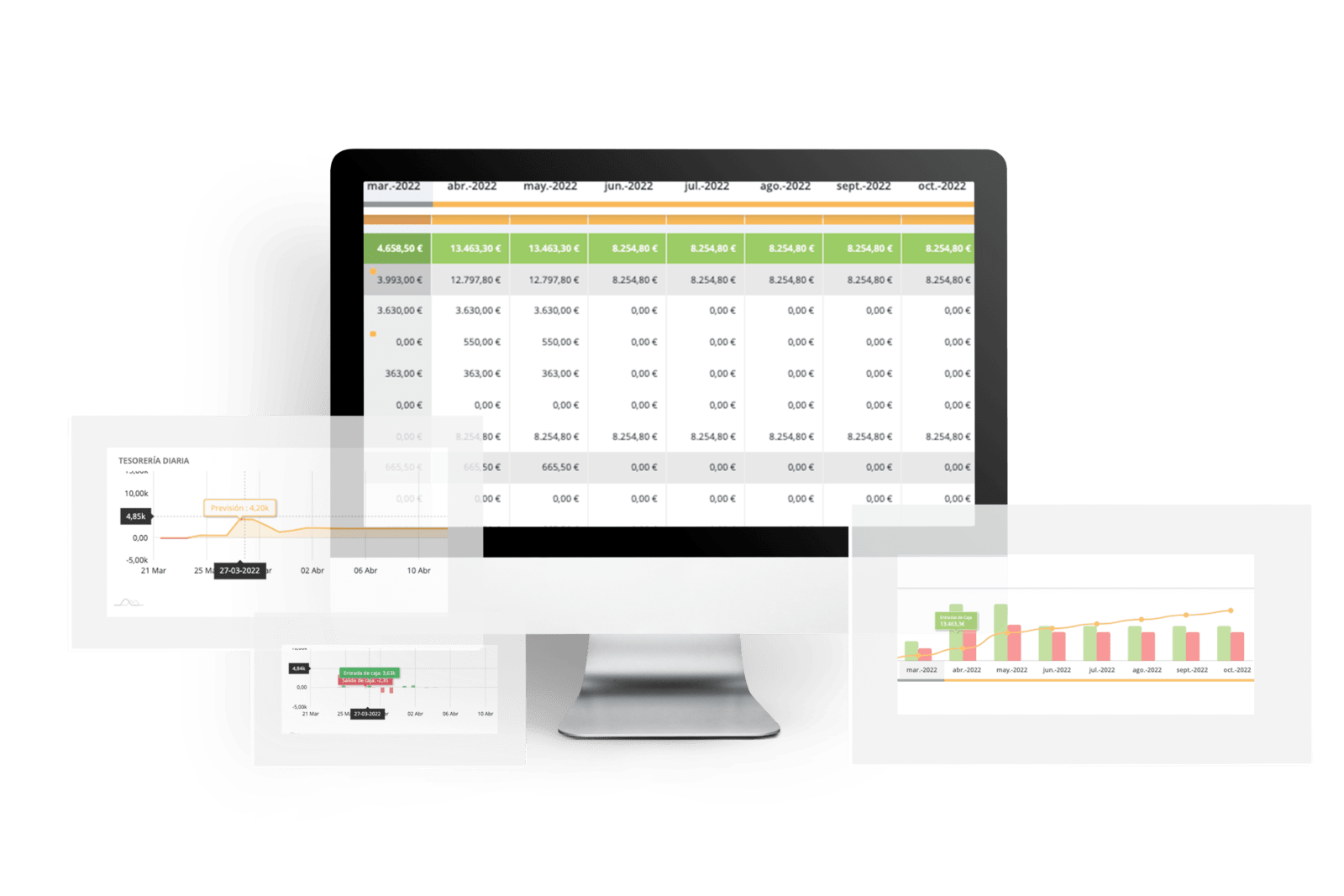What does CFO mean?
The CFO(Chief Financial Officer) is the person in charge of a company’s financial operations. This is a new figure, who has only recently come into existence but who has contributed a great deal of value to the company’s management. But what is a CFO and what does he or she bring to my company?
The CFO works hand in hand with the Chief Executive Officer (CEO) to meet the challenges of the present and the future.
What is a CFO and what does he/she bring to my company?
The CFO’s role is to supervise the accounts, budget the changes suggested by the other managers and study the different financial scenarios.
In the company, depending on the stage of the brand, product or service offered by the company, it will be the CFO’s task to propose different objectives and strategies at the financial level, these will be different and will have a different impact at the corporate level.
In addition, it also provides the figure of mediator between the company’s objectives and the needs, actions or financial movements, since both parties are related.
Essential CFO skills
The CFO is a role that must evolve at the pace of corporate trends and needs. In addition, the financial industry is one of the fastest moving areas and one of the greatest beneficiaries of new technologies.
- Making decisions and adapting: The CFO performs the analysis and planning of different scenarios in order to make the best decisions. They are one step ahead in the companies to propose the best solutions based on their own vision of the world to be implemented in the company. You have greater visibility into the past, present and future of the company’s finances based on hard data.
- Leading the digital transformation: Technological tools are now available. Here is a tool that can be adjusted to the needs of the company, with the latest innovations. Orama is an automated treasury management software. Helps you to easily organize and control the past and future of the company
- Data analysis and big data: The CFO is an expert in accounts, is skilled with numbers and understands the implications they have in real life.
- CFOs should have notions of data analysis and big data, in order to be able to make broader predictions and diagnoses. With the collection of the analyses, it is possible to gain a better understanding of the conditions of the company. For example, past, present and future cash flow, which can be more useful to understand if there is a liquidity problem and to have an idea of how it could be solved.
- Strategic planning: It is necessary to plan in order to achieve the objectives, optimize the available resources in a coherent manner to achieve the mission.
- Risk management: Numbers can only be representations of reality and are specific when things go wrong. CFOs are in charge of showing the reality. They are in charge of managing the concept of safety and risk management within the company.
- Knowledge of the world surrounding the company: The company is part of an economic, political and cultural ecosystem. If changes are generated globally, it affects the company, so the CFO is the one who must assess the impact of trends in the company’s journey and know how to budget a response.
Orama ‘s tool is the CFO’s ally when it comes to managing the company’s treasury. Orama will be able to save time so that this very important position can perform the tasks for which it was hired: to be able to analyze in detail in order to make the best decisions.





